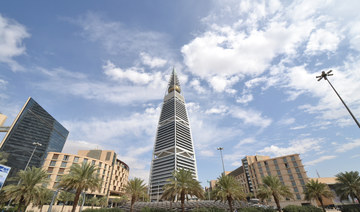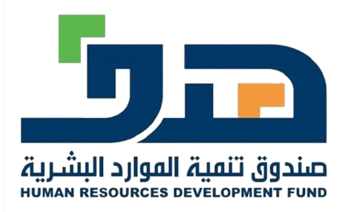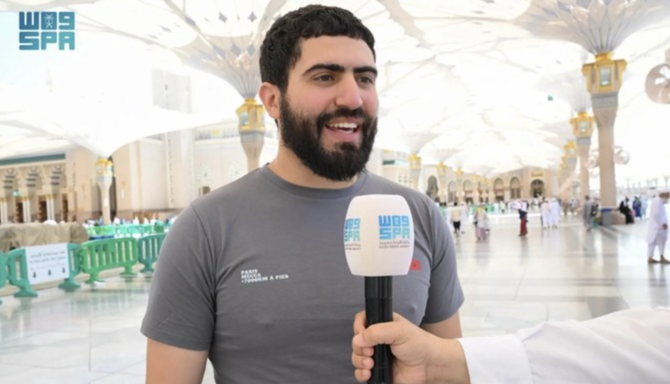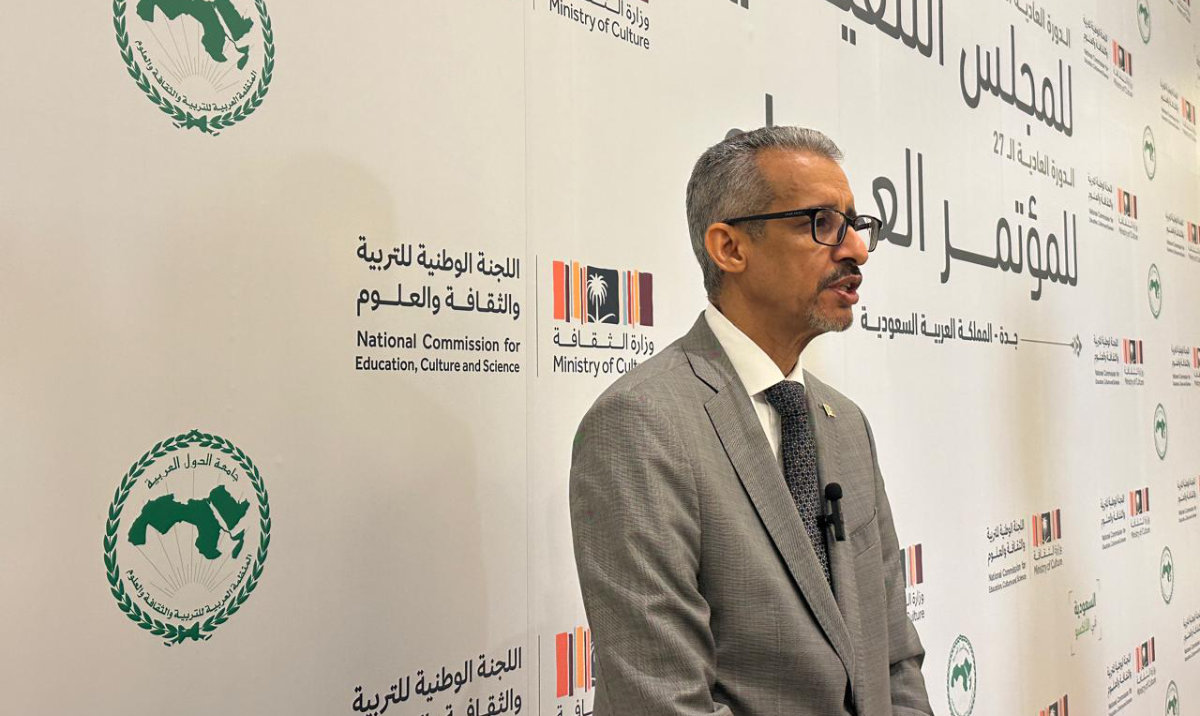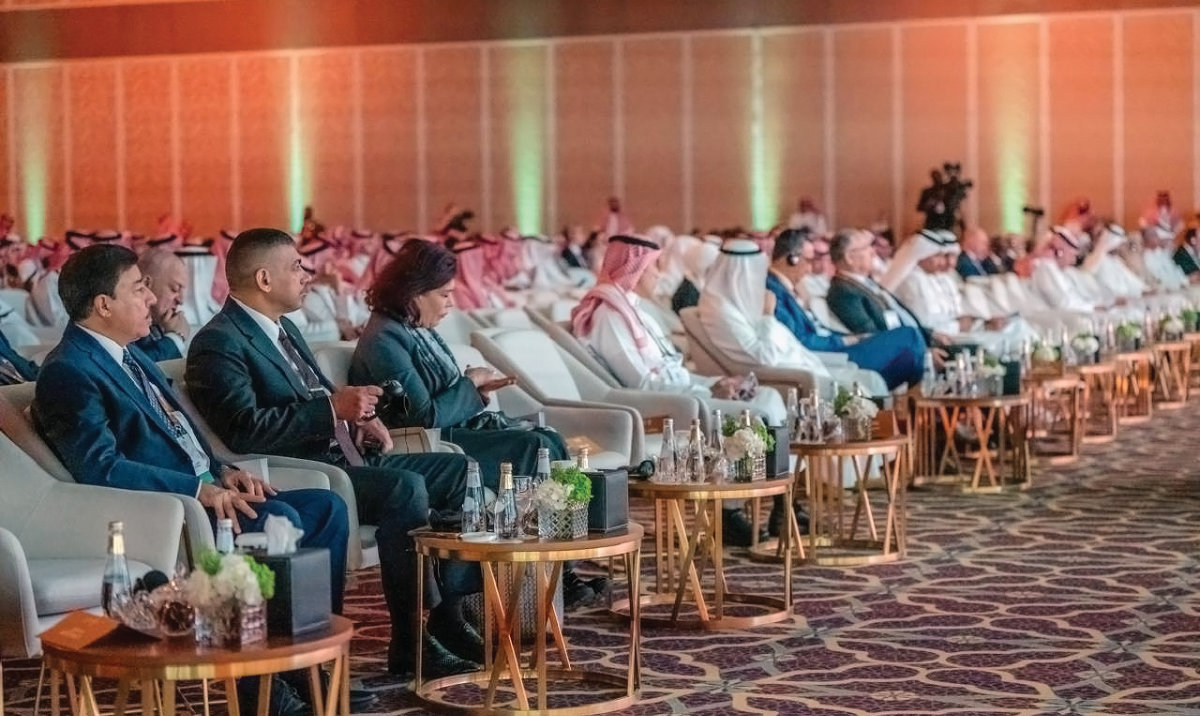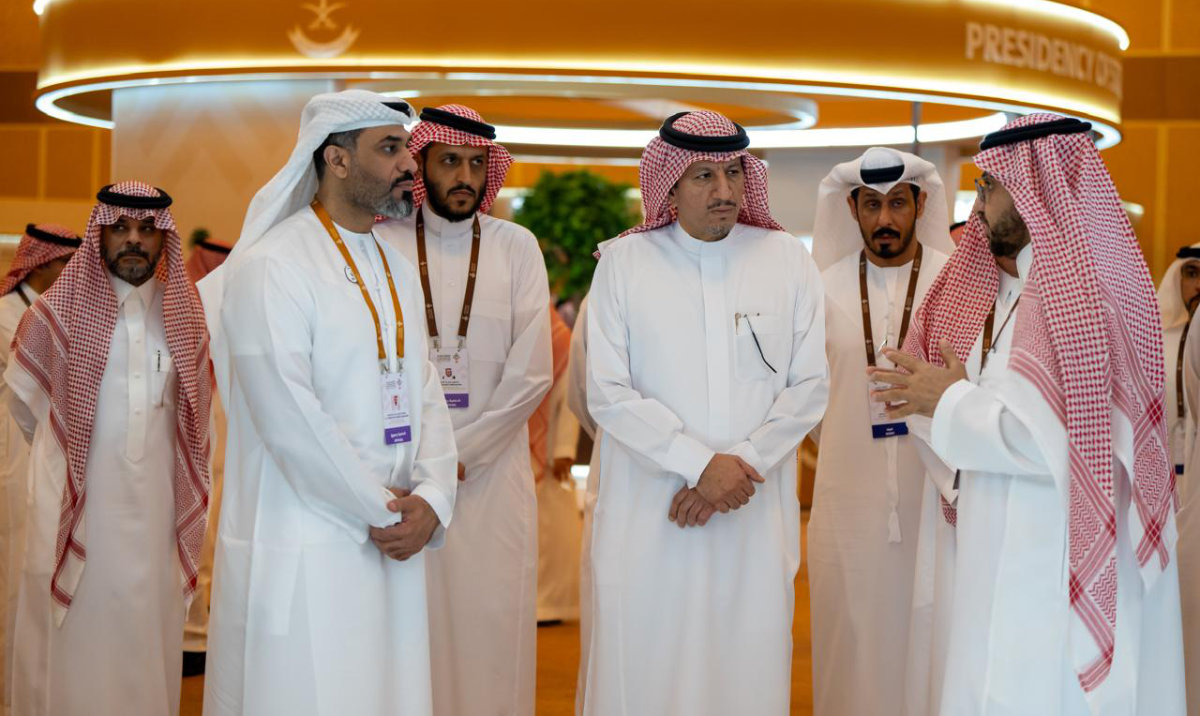JEDDAH: A group of recruitment experts in Saudi Arabia have joined forces to launch a jobs initiative via a popular new audio-only app.
The six volunteers have been giving up three hours a day to speak with job seekers on the Clubhouse social networking platform which is rapidly becoming a go-to staging post for connecting users with the country’s employers.
The team’s Employment Forum Initiative chat room aims to help link people with recruitment specialists and businesses throughout the Kingdom.
The forum is among a number of rooms set up on Clubhouse — that in recent weeks has been among the top three most popular social media apps in Saudi Arabia and worldwide — to discuss labor market needs, job interview techniques, freelancing opportunities, and other employment-related issues.
One of the forum’s founders, Saleh Al-Sodmi, told Arab News: “We are a group of volunteers representing ourselves in this initiative where we united our love of giving and compassion to help people. We are providing assistance to our fellow citizens, which we consider a duty, not a favor.”
Al-Sodmi and his colleagues all work in the human resources and recruitment sector but have been sacrificing their time on a daily basis to help Clubhouse users in their hunt for jobs.
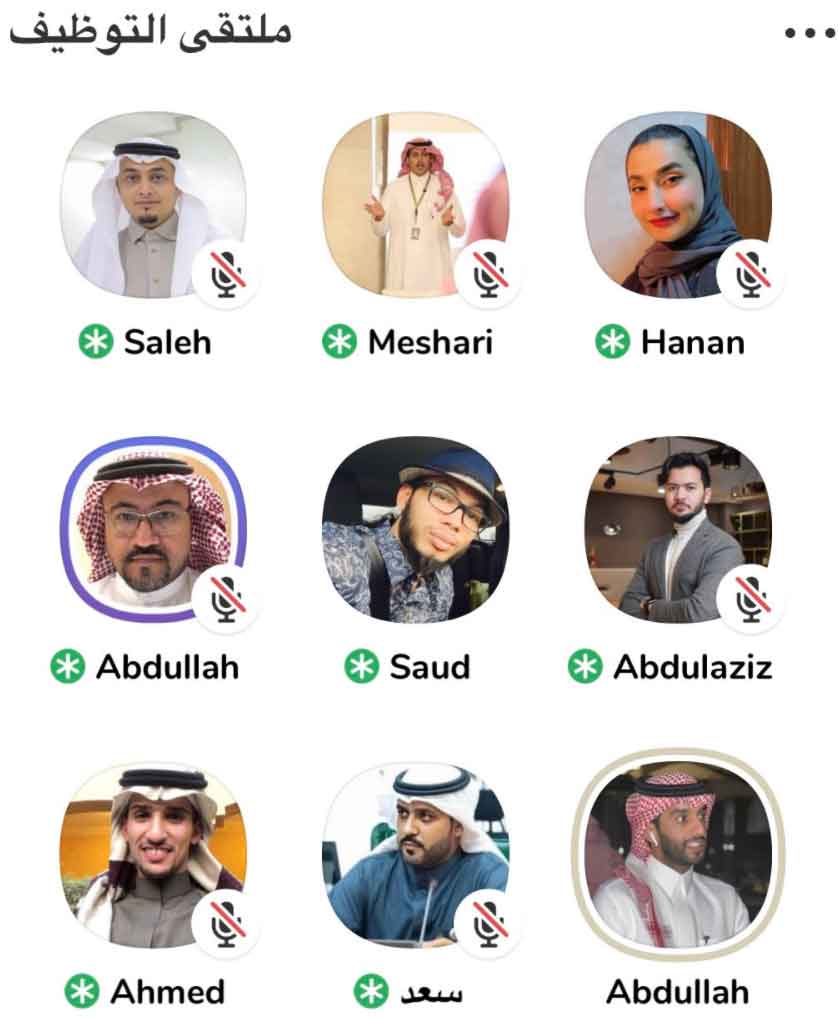
During the first five days of the initiative, the group helped more than 20 people to find employment and numerous others to get job interviews, and Al-Sodmi expected more success stories as the app’s network of HR and recruitment specialists grew.
“It began with two young sisters who were looking for a job and started a room in Clubhouse for that purpose. Gradually many people within the recruitment field joined, and we agreed to carry on such meetings on a daily basis,” he said.
HIGHLIGHTS
• The Employment Forum Initiative chat room aims to help link people with recruitment specialists and businesses throughout the Kingdom.
• The forum is among a number of rooms set up on Clubhouse — that in recent weeks has been among the top three most popular social media apps in Saudi Arabia and worldwide.
Between 700 and 1,000 users have been attending the group’s forums in recent days, and numbers are increasing.
According to a new report by mobile data and analytics firm App Annie, the Clubhouse app has grown from having more than 3.5 million global downloads in February 2020 to reaching 8.1 million by Feb. 16 this year.
Al-Sodmi added: “This initiative has shown how people love good and giving. Personally, all I want in return is an honest prayer. We can always help. Even when we do not have the proper job for the job seeker, we can still offer advice on how to improve their chances or overcome concerns.”
Maryam Saleh, a Clubhouse user, told Arab News: “I am truly fascinated with the idea, and I appreciate the moderators’ commitment to giving three hours of their time or sometimes more to help others.
We are providing assistance to our fellow citizens, which we consider a duty, not a favor.
Saleh Al-Sodmi, Co-founder
“I found out about it from my friend; I hope it grows further and helps young people to get the opportunities they deserve, especially those, like me, who graduated in these difficult times amid the coronavirus disease (COVID-19) pandemic.”
Al-Sodmi said Clubhouse had helped users reach out to a wider audience and connect with people that were not as easily accessible via social media platforms.
“For instance, Clubhouse allowed the influencers’ privilege to dissolve and helped the different groups of societies to truly mingle amongst themselves and talk to each other.

“We have seen artists, economists, and CEOs connecting and interacting with the public easily and comfortably,” he added.
Hanan bin Fantokh, another volunteer recruitment specialist within the employment initiative, told Arab News that the platform has helped save recruiters’ time finding candidates and conducting initial interviews.
“It has also helped people break through their fear barrier by allowing them to introduce and market themselves publicly. It also helped many enhance their dialogue and persuasion skills.
“On the jobs front, many have started getting interviews, and some have signed contracts. However, the availability of jobs is less than the number of job seekers,” she added.




